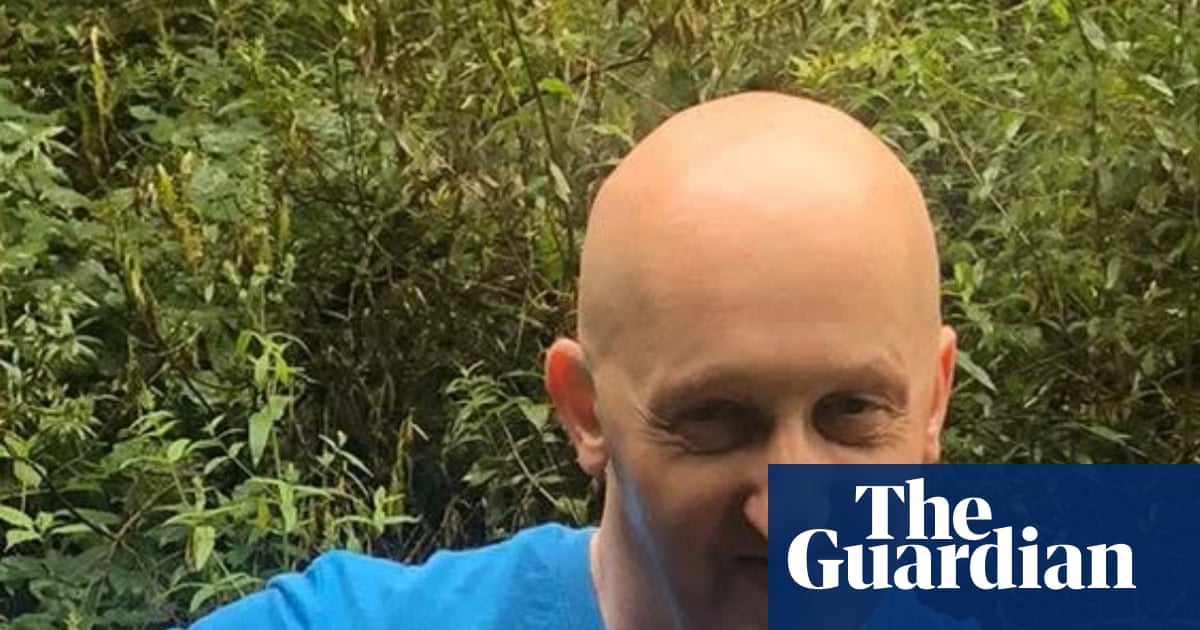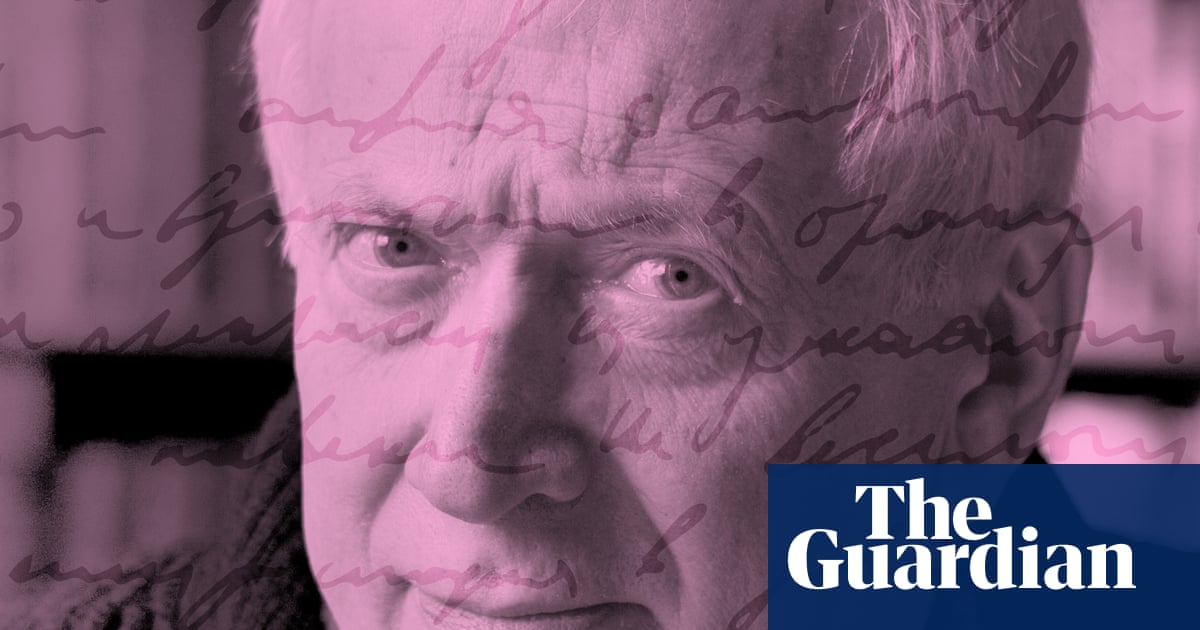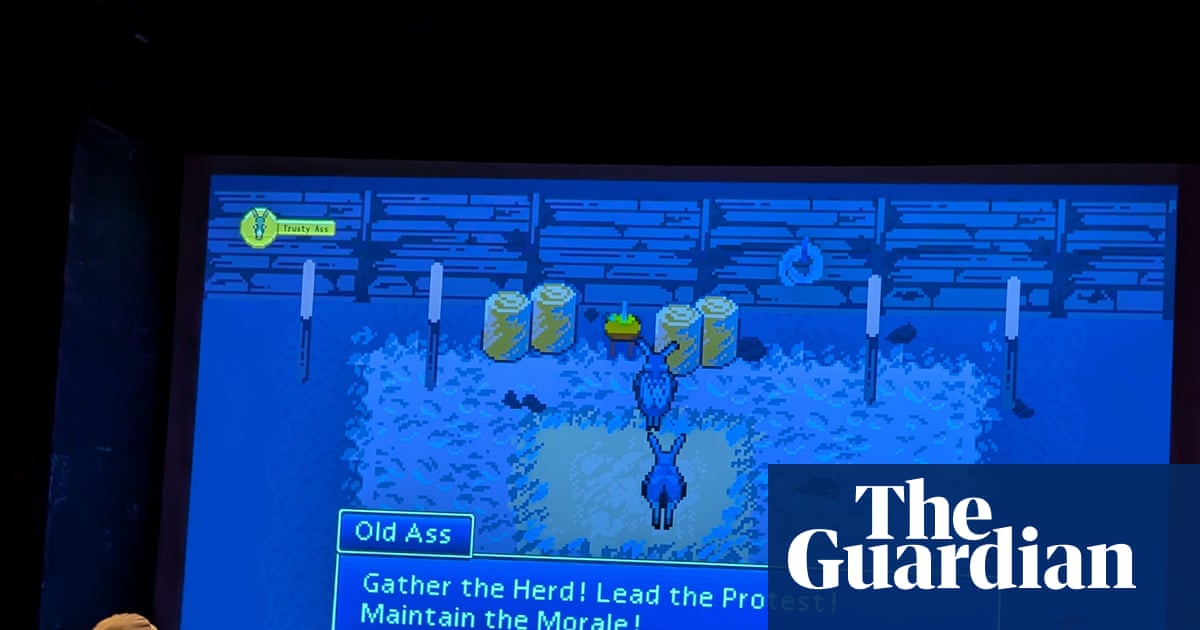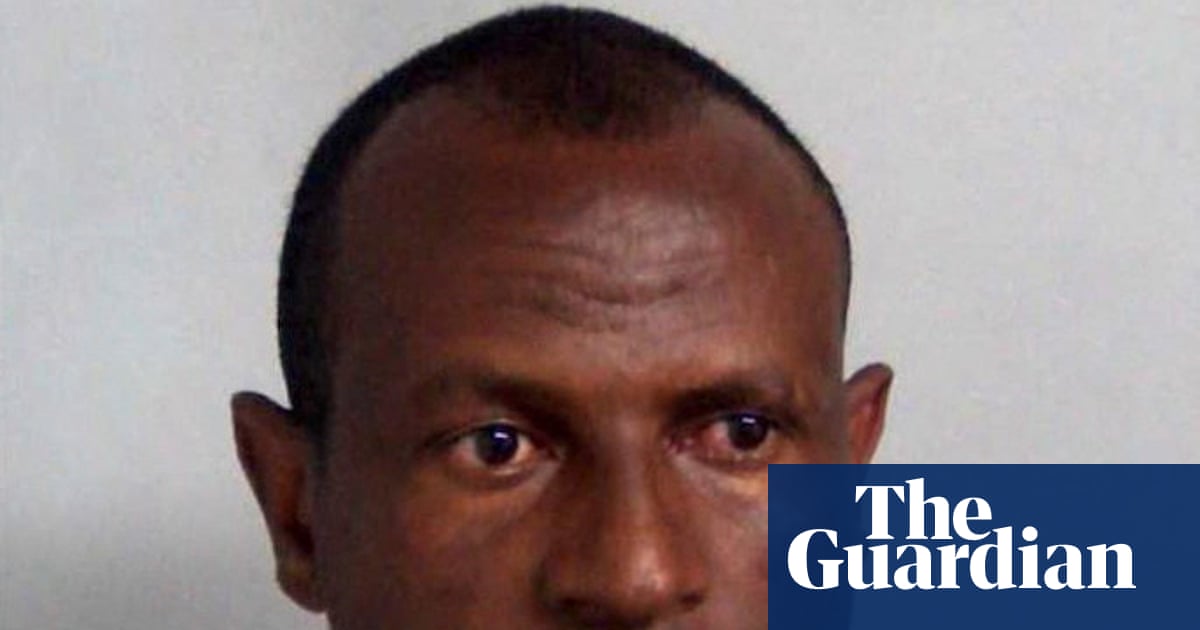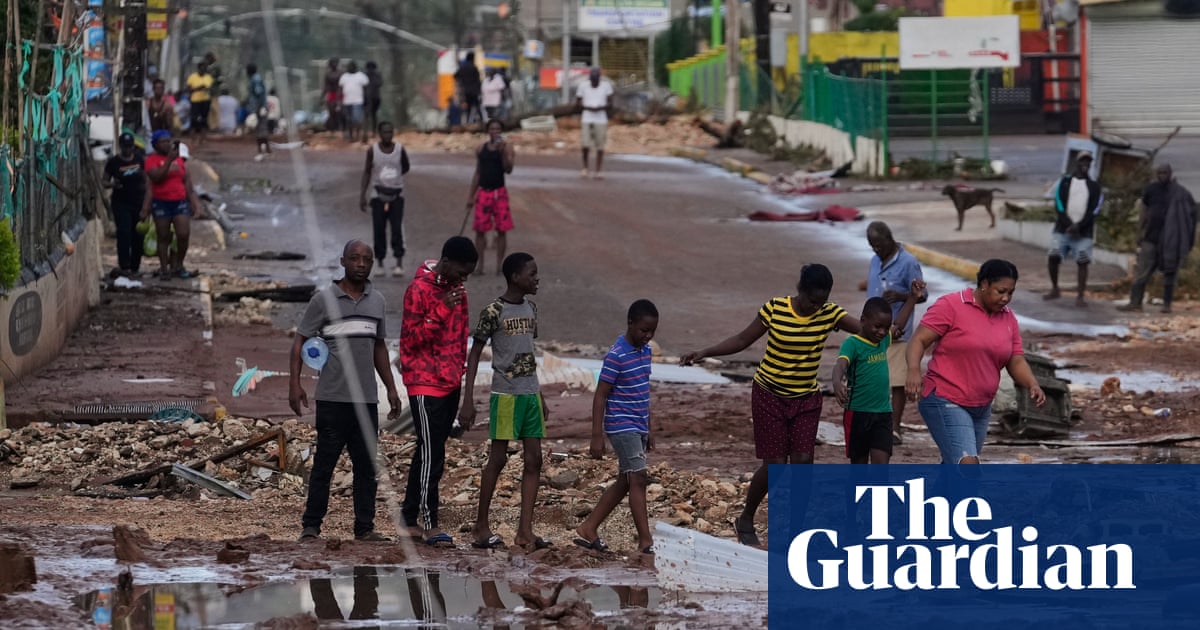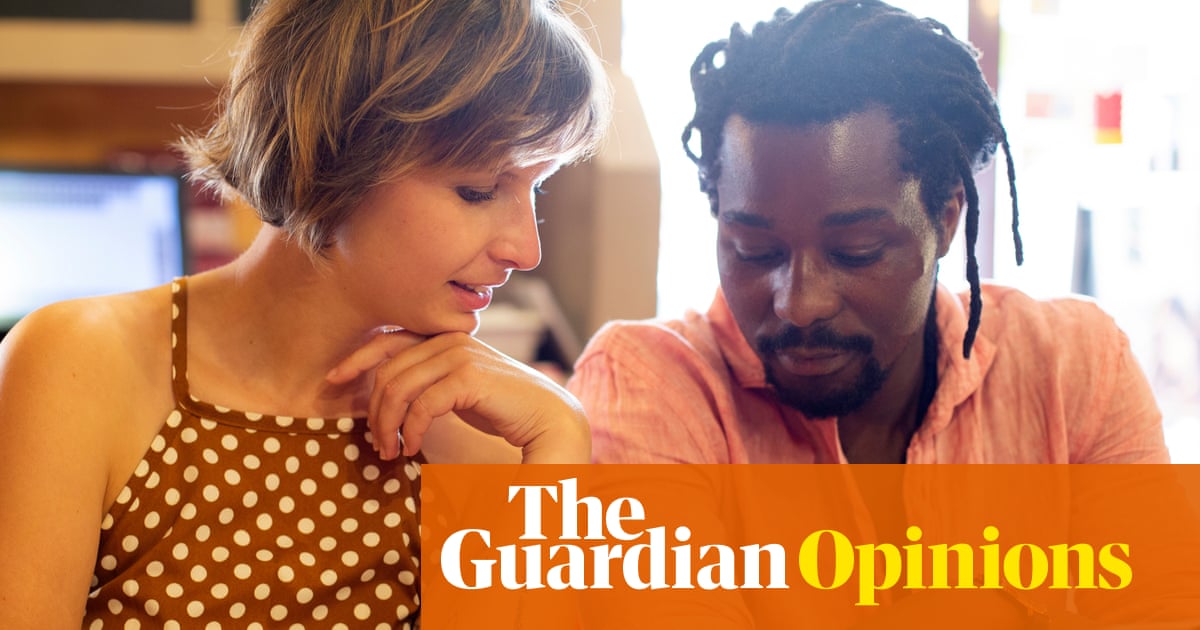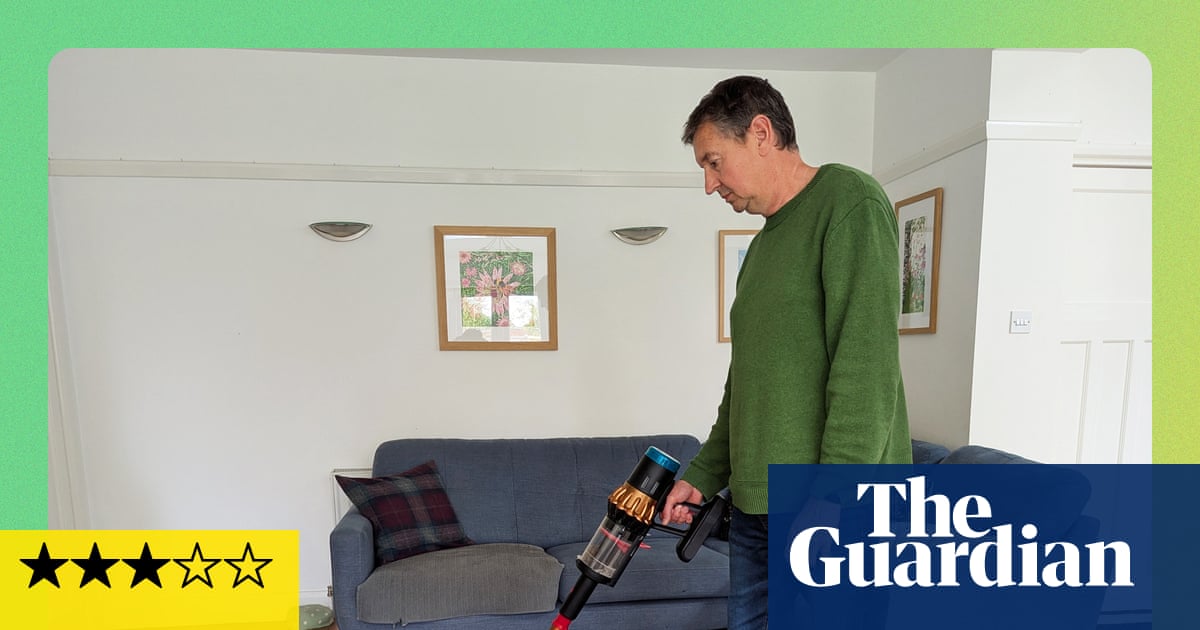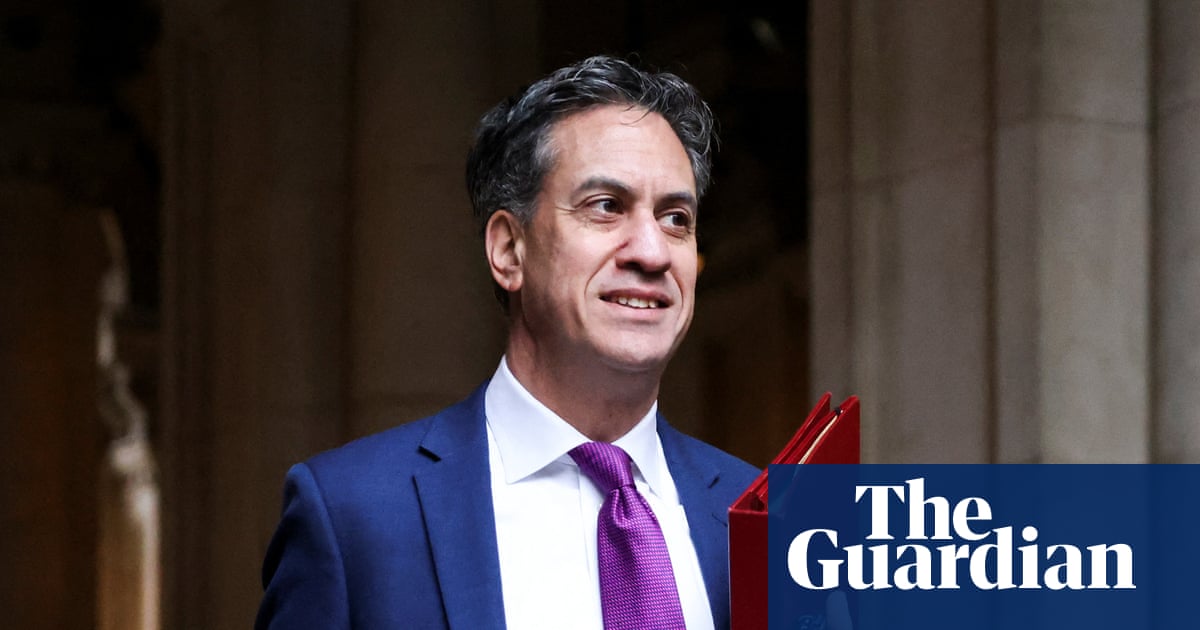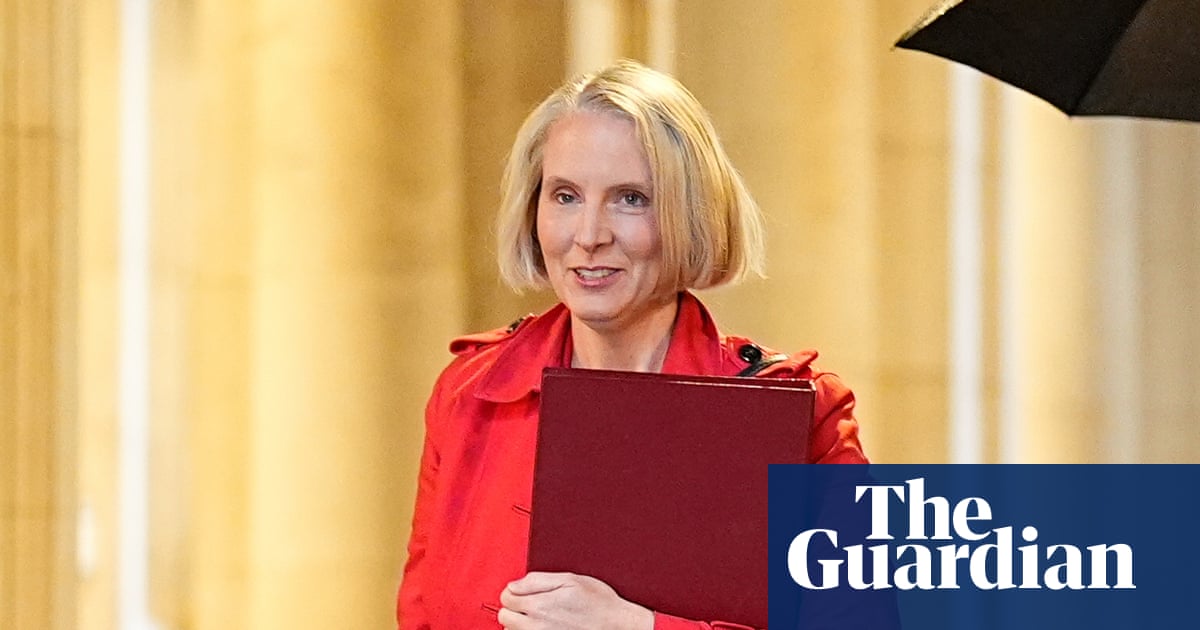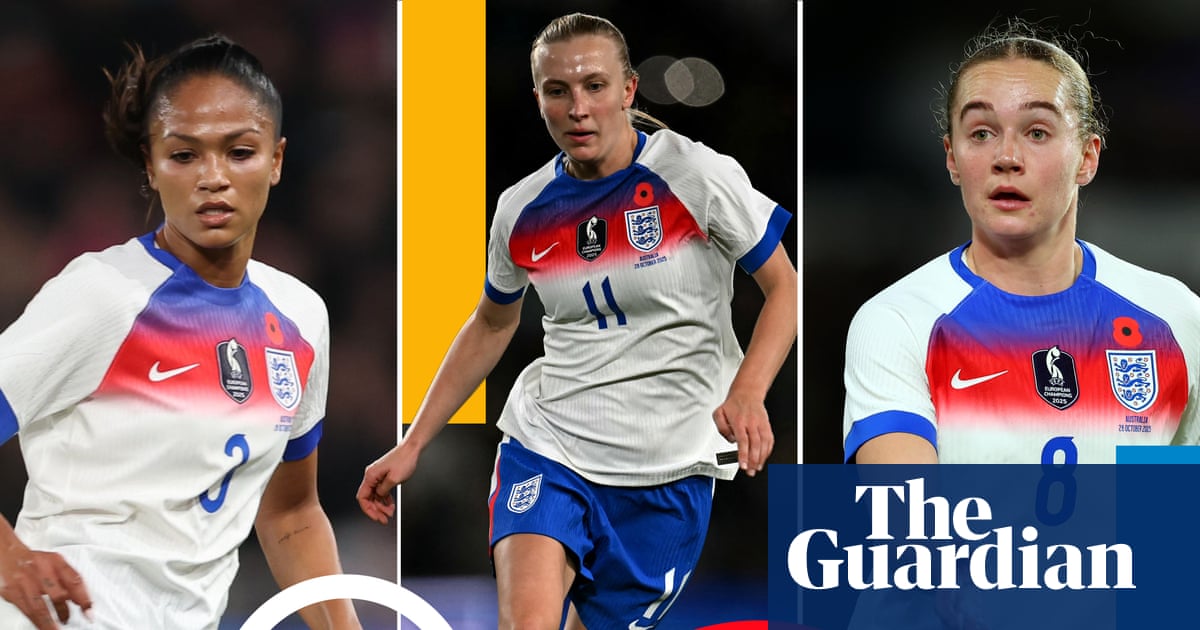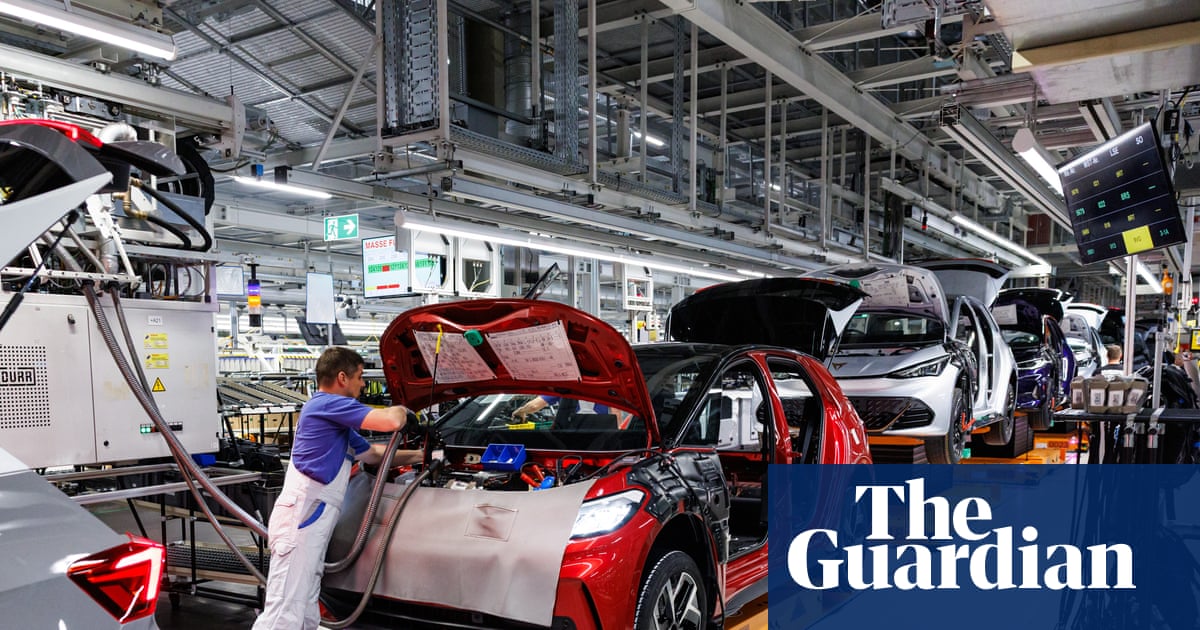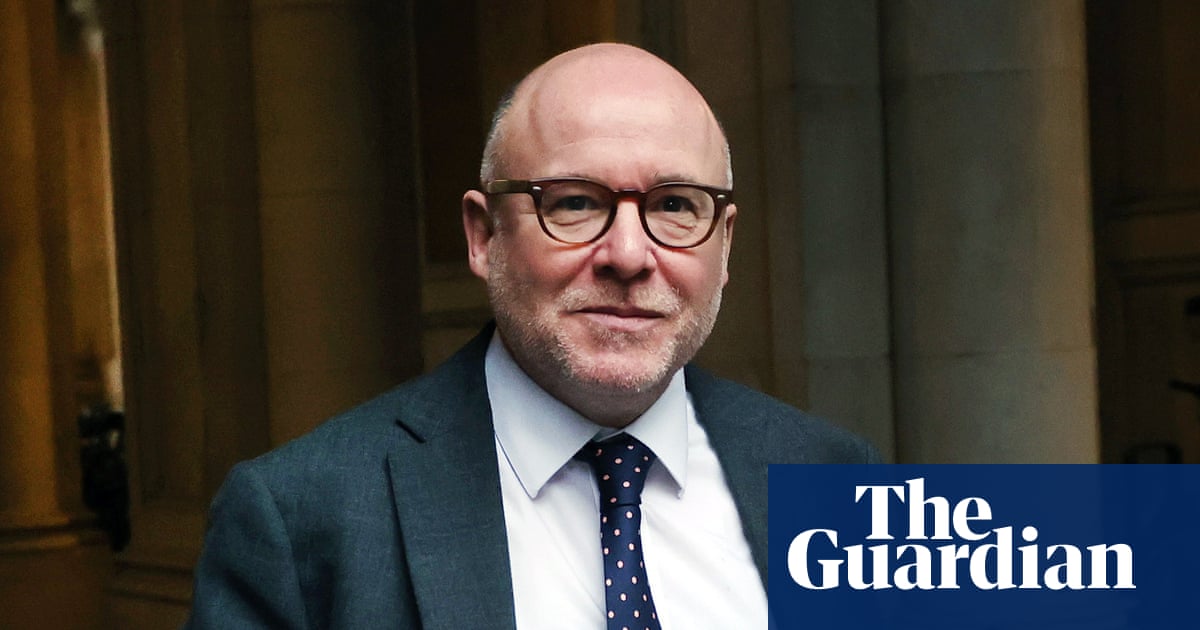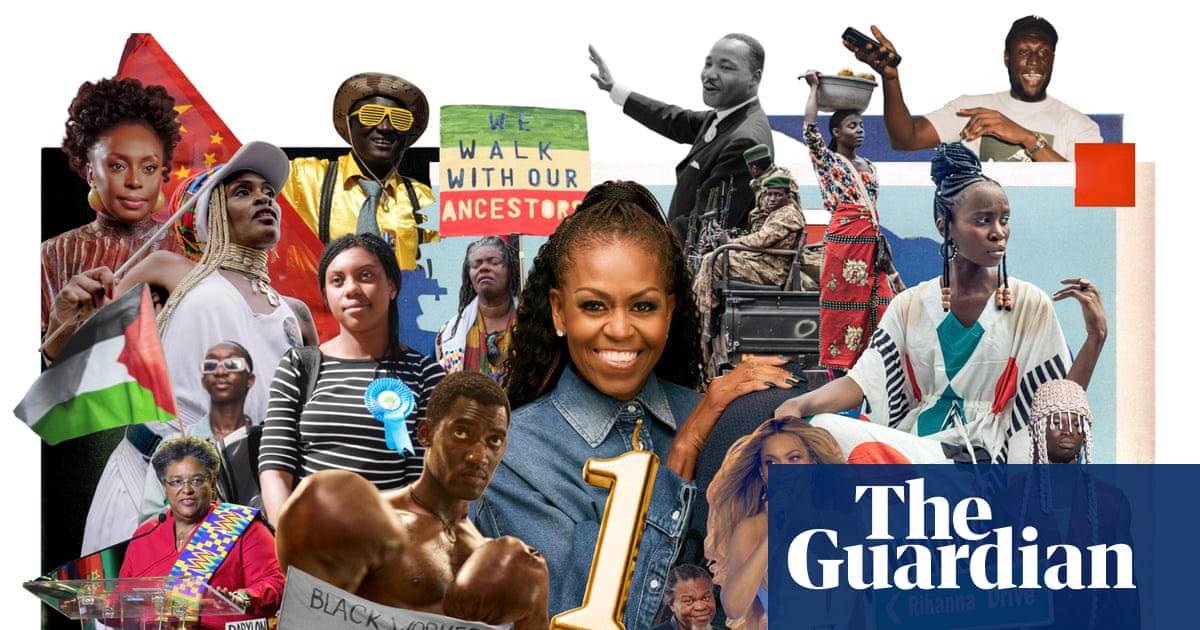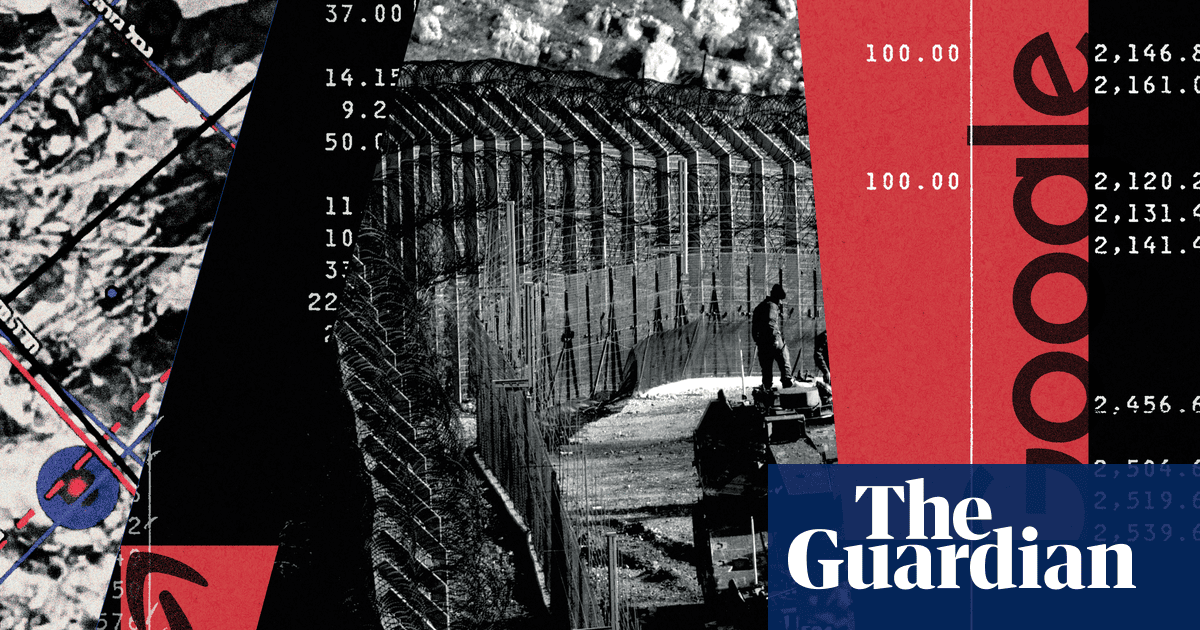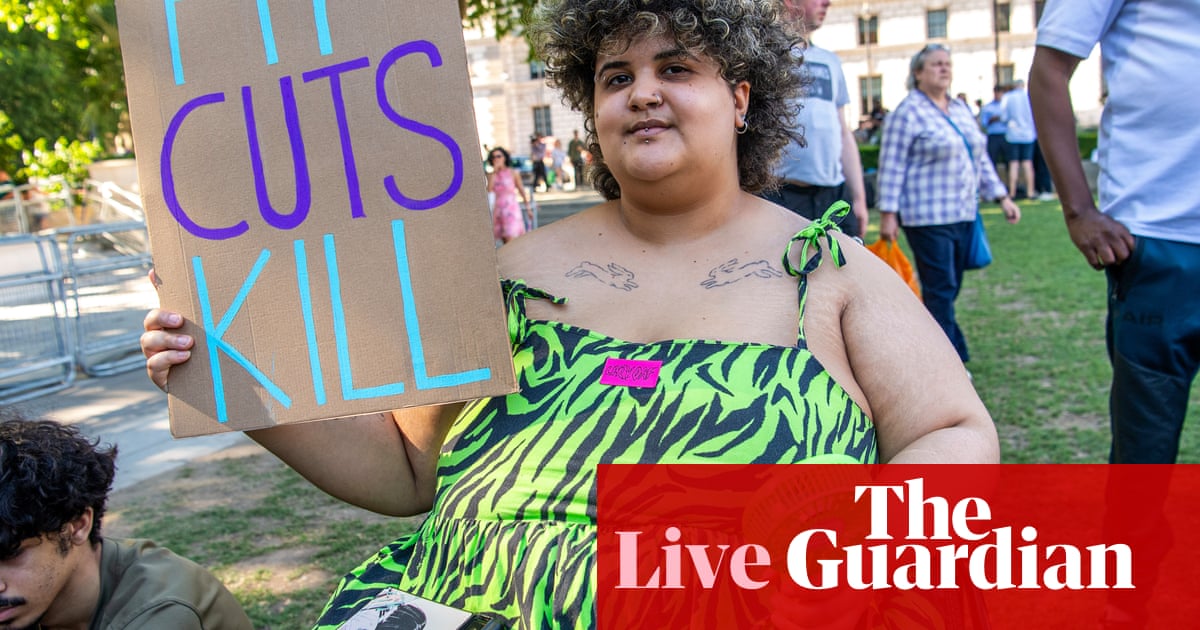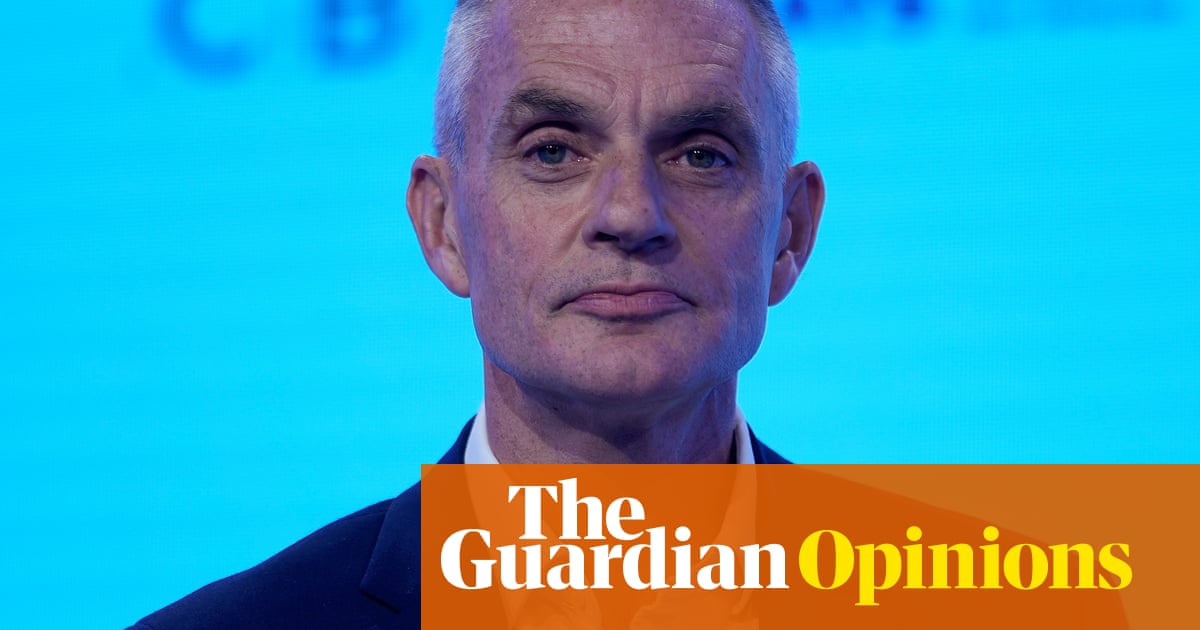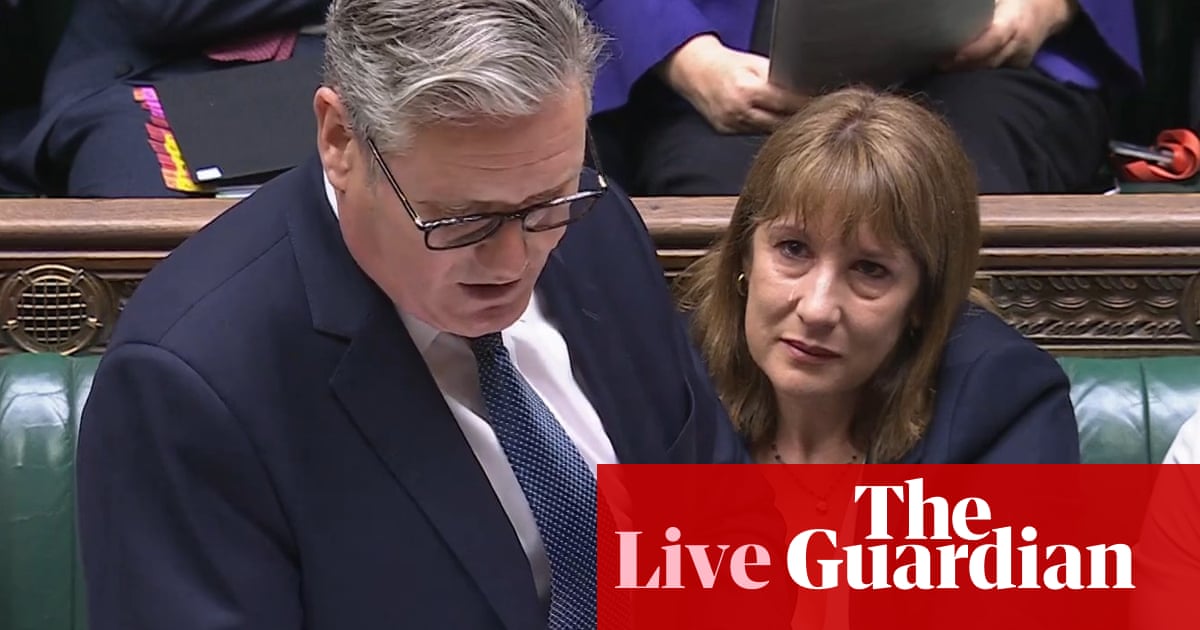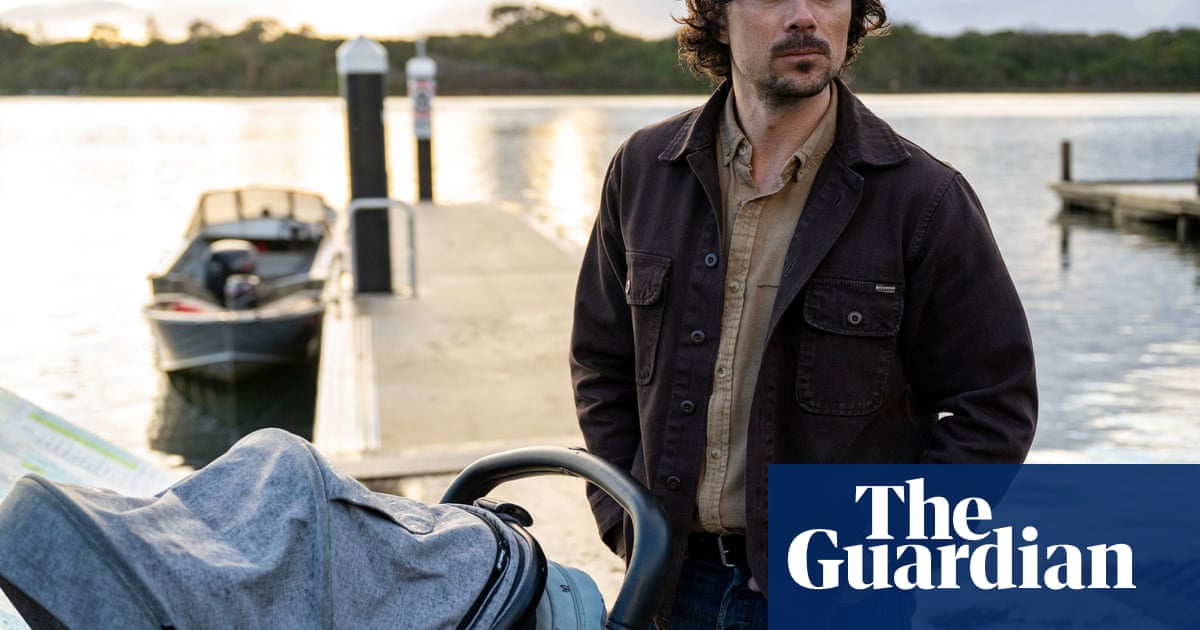Key events Show key events only Please turn on JavaScript to use this feature
Key players and main issues in the Dutch snap poll

Jon Henley
If you fancy a quick reminder of who are the key players and what’s at stake in the Dutch election, we have got this helpful explainer for you, by our Europe correspondent Jon Henley.

The early legislative elections were triggered by the collapse in June of the 11-month-old government after the far-right firebrand Geert Wilders pulled his Freedom party (PVV) out of an already fractious and highly ineffectual ruling coalition.
The PVV had finished a shock first in the last election in late 2023 and after more than six months of talks formed a fragile four-party rightwing coalition with the populist Farmer-Citizen Movement (BBB), centrist New Social Contract (NSC) and liberal-conservative VVD.
Wilders’ partners, however, considered him too toxic for the job of prime minister, which went to a former intelligence chief, Dick Schoof. Wilders, an anti-immigration polemicist who has lived under police protection for two decades, resorted to sniping from the sidelines.
He pulled the plug on 3 June after the partners refused to adopt a radical 10-point anti-immigration plan that included enlisting the army to patrol the borders, turning back all asylum seekers, closing most refugee hostels and sending home all Syrian refugees.
While support for the PVV has dipped, polls suggest the far-right, anti-Islam party is again likely to win the most seats in parliament. However, the main Dutch political formations have all ruled out entering into a formal coalition with Wilders.
At least 16 parties are forecast to enter parliament but none to win more than about 20% of the vote.
As ever, the next Dutch government, generally an influential player on the EU and world stage, will emerge only after coalition negotiations that could last months.
There are 150 MPs in the Dutch parliament, meaning a government needs 76 seats to form a majority. No single party ever manages this, and the Netherlands has been governed by coalitions for more than a century.
The Dutch vote is under way

Jakub Krupa
Voting is under way in a knife-edge parliamentary election in the Netherlands that polls suggest could again be won by the far-right Freedom party (PVV) of Geert Wilders, although there is little chance of it being part of the next government.
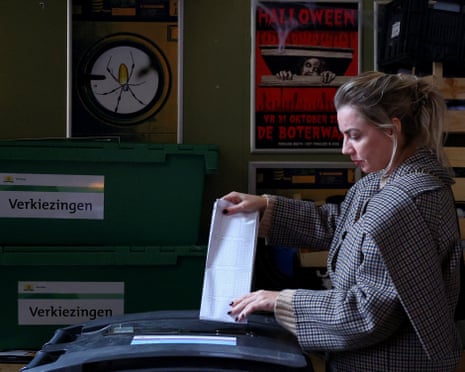
Final polling averages suggest Wilders’ party could win between 24 and 28 seats in the 150-seat parliament, well down on the 37 it captured in the 2023 elections. Even if it does finish first, all major parties have ruled out going into government with the anti-immigration firebrand.
We will be following closely the polling day in the Netherlands, with the Guardian’s Senay Boztas on the ground in Amsterdam, and will bring you the exit poll later tonight, as well as first reactions to the vote.
It’s Wednesday, 29 October 2025, it’s Jakub Krupa here, and this is Europe Live.

.png) 3 hours ago
4
3 hours ago
4
